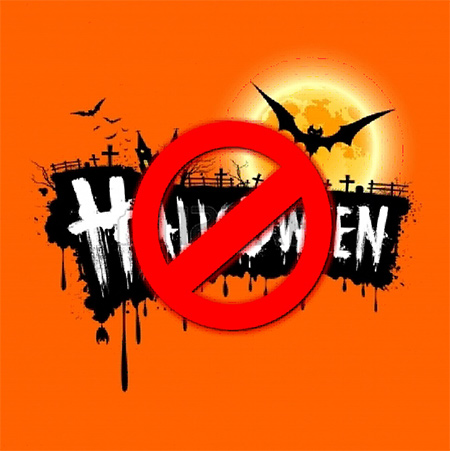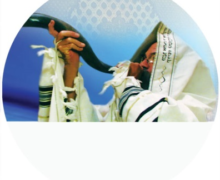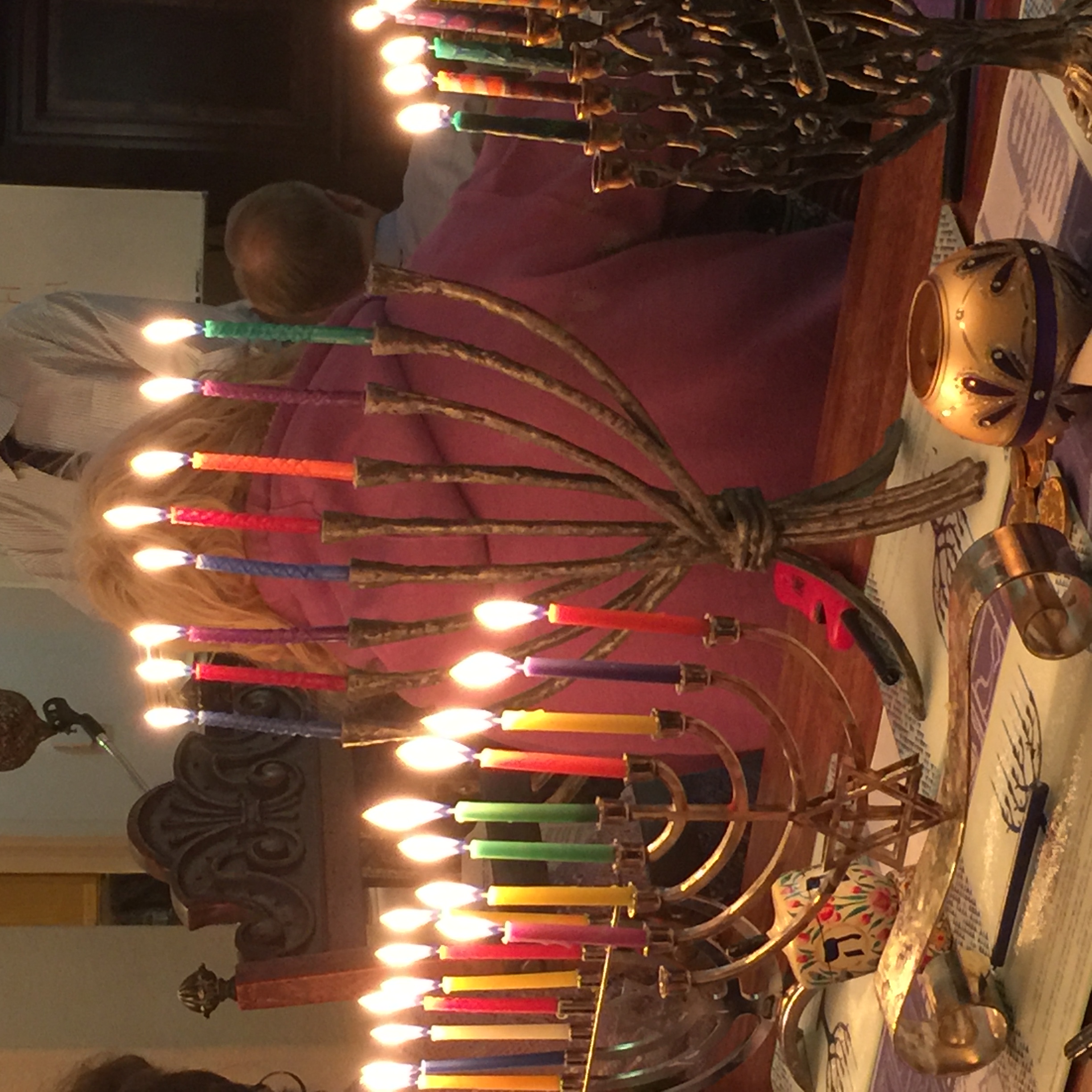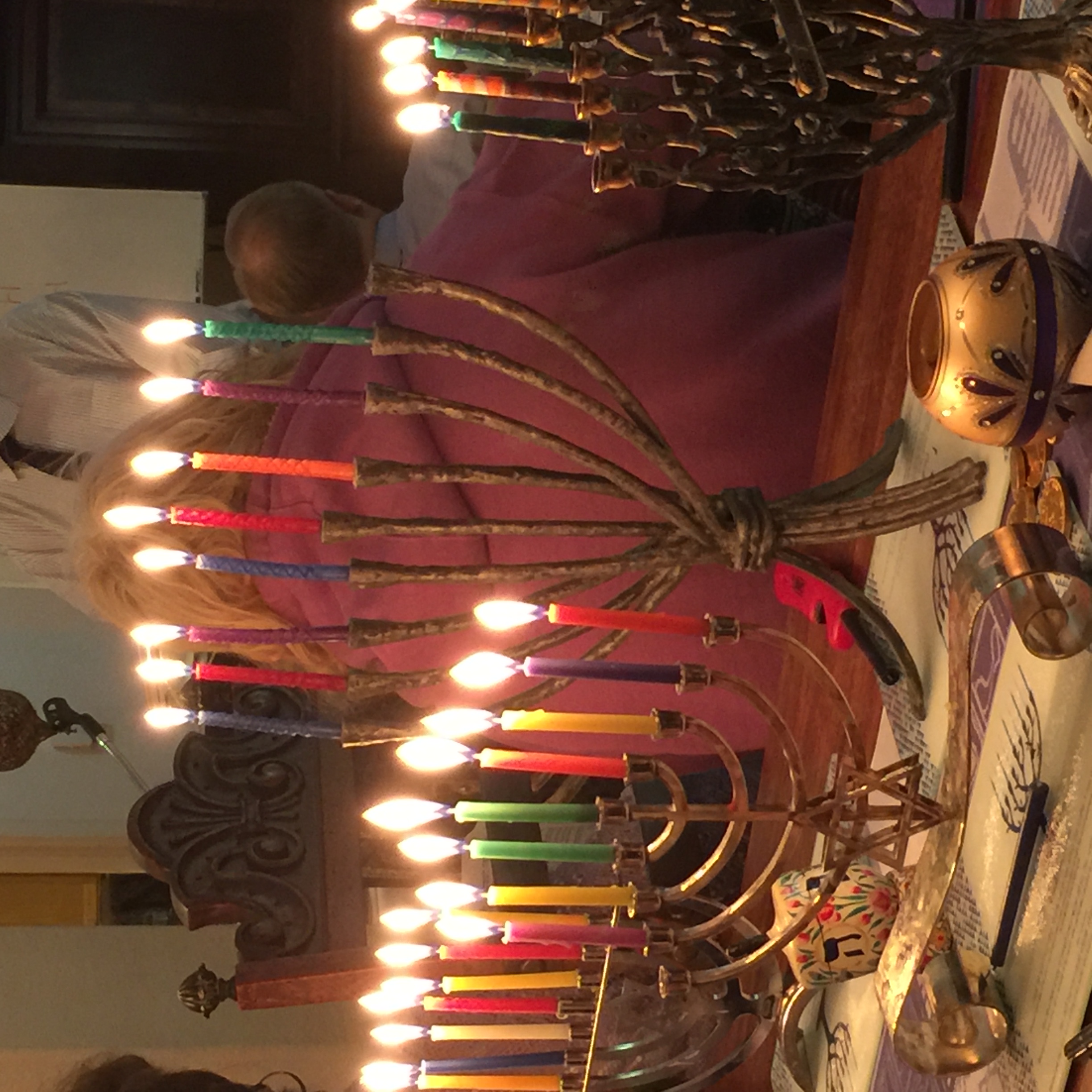Halloween – Is it hallowed?
 The definition of hallowed is ‘holy’, ‘consecrated’, ‘greatly revered & respected’. Is Halloween hallowed? Holy? Consecrated? In this article we will examine this holiday and discern whether it is ‘fun’, ‘holy’, or ‘consecrated’. and if the spiritual terms “holy” and “consecrated” apply?
The definition of hallowed is ‘holy’, ‘consecrated’, ‘greatly revered & respected’. Is Halloween hallowed? Holy? Consecrated? In this article we will examine this holiday and discern whether it is ‘fun’, ‘holy’, or ‘consecrated’. and if the spiritual terms “holy” and “consecrated” apply?
The American fall holidays begin with Halloween. Today, this is reputed to be the fastest growing holiday in the US. “Retailers rejoice as they warm up their cash registers to receive an average of $79.82 per household in decorations, costumes, candy, and greeting cards. Halloween will bring in approximately $8 billion this year. It’s a good bet retailers won’t entertain high expectations of getting $79.82 per household from the Christian market. Many Christians refuse to participate in Halloween,” according to John MacArthur.
Why are born-again Christians and Messianic followers of Yeshua wary about celebrating this national ‘fun’ holiday.
Origins of Halloween
Due to strong Christian heritage, Halloween was not celebrated in early American history. The Puritans of New England maintained staunch opposition to this holiday. Halloween observance in the United States began in the late nineteenth century, and by the first decade of the 20th century, it was celebrated coast to coast by all stratas and sects of society.
Could something that everybody does be wrong?
Let’s consider the origins of this day. According to the World Book Encyclopedia: “Halloween developed from an ancient pagan festival celebrated by Celtic people over 2,000 years ago in the area that is now the United Kingdom, Ireland, and northwestern France. The festival was called Samhain (pronounced SOW ehn), which means summer’s end. The festival marked the beginning of the dark winter season and was celebrated around November 1. In the 800’s, the Christian church established a new holiday, All Saints’ Day, on this date. All Saints’ Day was also called All Hallows’. Hallow means saint, or one who is holy. The evening before All Hallows’ was known as All Hallows’ Eve, or as it came to be abbreviated, All Hallow e’en. This name was eventually shortened to Halloween.” According to many scholars, All Hallow’s Eve is a Christianized feast whose roots are from Celtic pagan harvest festivals.
 During Samhain, the Celts believed the curtain which divided the living from the dead was lifted. This would allow the spirits of the dead to walk among the living in the form of ghosts haunting the earth. According to the Encyclopaedia Britannica, “In ancient Britain and Ireland, the Celtic Festival of Samhain was observed on October 31, at the end of summer…. The souls of the dead were supposed to revisit their homes on this day and the autumnal festival acquired sinister significance, with ghosts, witches, goblins, black cats, fairies and demons of all kinds said to be roaming about. It was the time to placate the supernatural powers controlling the processes of nature. In addition, Halloween was thought to be the most favorable time for divinations concerning marriage, luck, health, and death. It was the only day on which the help of the devil was invoked for such purposes.”
During Samhain, the Celts believed the curtain which divided the living from the dead was lifted. This would allow the spirits of the dead to walk among the living in the form of ghosts haunting the earth. According to the Encyclopaedia Britannica, “In ancient Britain and Ireland, the Celtic Festival of Samhain was observed on October 31, at the end of summer…. The souls of the dead were supposed to revisit their homes on this day and the autumnal festival acquired sinister significance, with ghosts, witches, goblins, black cats, fairies and demons of all kinds said to be roaming about. It was the time to placate the supernatural powers controlling the processes of nature. In addition, Halloween was thought to be the most favorable time for divinations concerning marriage, luck, health, and death. It was the only day on which the help of the devil was invoked for such purposes.”
Deut 18:10-12, NIV, warns: “Let no one be found among you who sacrifices their son or daughter in the fire, who practices divination or sorcery, interprets omens, engages in witchcraft, or casts spells, or who is a medium or spiritist or who consults the dead. Anyone who does these things is detestable to the Lord; because of these same detestable practices the Lord your God will drive out those nations before you.”
Halloween customs:
- Costumes: Some of the Celts wore goulish costumes so that wandering spirits wouldn’t know the Celts true identity and would think the Celts also were wandering spirits. (Halloween – An American Holiday, An American History by Lesley Pratt Bannatyne). Another thought regarding the wearing of costumes is that they hid the true identity of the person who was attending the pagan festival.
- Ghosts, vampires, witches: These are an integral part to Halloween, as shown in this article.
- Trick or Treat: John Ankerberg explains, “ One possibility is from the notion that ancient witches had to steal the materials needed for their festivals. The Druids may have believed that witches held this day to be special, something clearly true for modern witches. The idea of trick-or-treating is further related to the ghosts of the dead in pagan, and even Catholic, history. For example, among the ancient Druids, The ghosts that were thought to throng about the houses of the living were greeted with a banquet-laden table. At the end of the feast, masked and costumed villagers representing the souls of the dead paraded to the outskirts of town leading the ghosts away.”
- Jack-o-lanterns: may have originated with the witches’ practice of placing candles in skulls to light the way to their coven meetings. Other theories are that a drunkard named Jack had made a deal with the devil so that he would not be harmed by the devil or demons.
- Bobbing for apples: pagans used this practice to divine the spiritual world’s “blessings” on a couple’s romance.
1Cor 10:21, KJV, admonishes: “Ye cannot drink the cup of the Lord, and the cup of devils: ye cannot be partakers of the Lord’s table, and of the table of devils.”
BOTTOMLINE: do we celebrate God’s holy days? Or man’s (which often have pagan roots)?
Prayer:
“Thank You, Lord, for Your holy days! Thank You that You give to us in abundance. We bless You. Protect the minds and spirits of our yong – help them to know the true God and not to pander after the gods of this world. Bless Israel, Your holy land. Bring her Your peace. Protect our soldiers. Turn the hearts of Americans to You. In the holy Name of our soon-coming Messiah, we pray.



